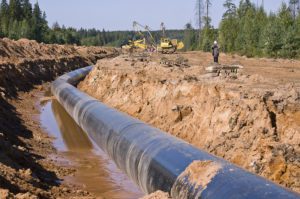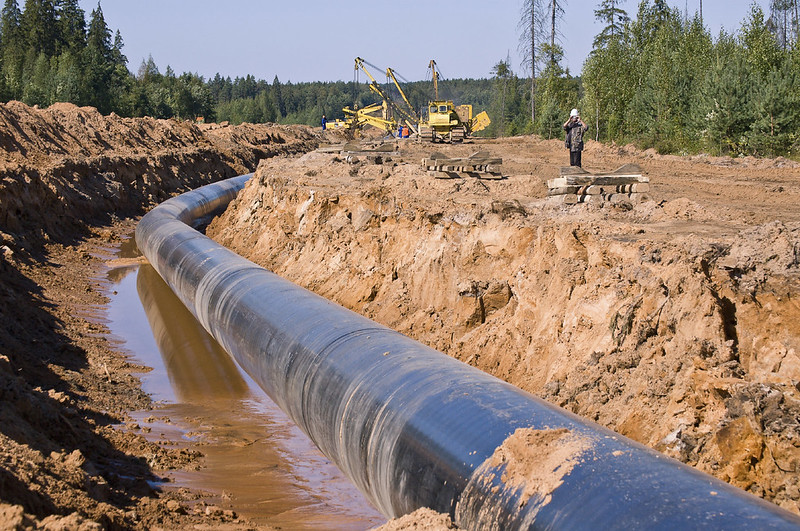
PENNSYLVANIA (February 27, 2024) – On Saturday, the Pennsylvania Department of Environmental Protection (DEP) published the final guidance on using underground boring technology (“trenchless” technology) such as horizontal directional drilling (HDD) to build gas pipelines and other underground utilities. The guidance lays out a roadmap to less-risky pipeline construction practices. The guidance stems from a legal appeal of Mariner East II pipeline permits by Clean Air Council, Delaware Riverkeeper Network, and Mountain Watershed Association.
Also announced last week, the Pennsylvania Public Utility Commission (PUC) released a final rulemaking intended to improve safety in the construction and operation of pipelines, such as the Mariner East lines, transporting hazardous liquids through Pennsylvania. Hazardous liquids pipelines will now be subject to Pennsylvania-specific regulations as well as federal Pipeline and Hazardous Materials Safety Administration (PHMSA) regulations. These new regulations come after an in-depth review of pipeline safety measures in Pennsylvania, prompted in part by a lawsuit filed by residents before the PUC. The “Safety 7” lawsuit alleged that the safety risks associated with the Mariner East pipelines violated residents’ rights. Clean Air Council filed as an intervenor in safety-related cases before the PUC, and supported residents in their advocacy efforts to gain greater public safety protections. The new regulatory framework corrects some of the prior loopholes and lessens the risks to residents of the Commonwealth.
“DEP’s trenchless technology guidance and the PUC’s hazardous liquids safety rule are some of the strongest and most protective in the country when it comes to safeguarding the public and the environment,” said Alex Bomstein, Clean Air Council Legal Director. “Our commonwealth is overdue for these protections as fracking runs rampant and the industry clamors for more pipelines for transport. The Council will continue to watchdog the gas industry and ensure that these rules are followed and the public is protected.”
“Because Mariner East largely does not transport gas for energy production but “natural gas liquids,” which are used mostly for plastic production, it fell outside of many of the rules governing gas lines,” said Melissa Marshall, Mountain Watershed Association Community Advocate. “This lack of oversight caused countless harms and we hope this guidance will prevent such catastrophic damage in the future.”
Delaware County resident Rosemary Fuller, who was involved in the Safety 7 case, stated that, “hazardous liquid pipelines put residents at risk, especially when they run through densely populated areas, next to schools and hospitals, or through areas where residents source their drinking water from private wells, which are impacted by HDD drilling. The DEP and PUC rulemaking is long overdue, and these new regulations must be strictly enforced.”
The latest spill on the Mariner East pipeline system was reported this week in Marsh Creek State Park in Chester County where drilling fluid used during construction of the pipeline once again rose up in a wetland and flowed into a tributary to Marsh Creek Lake.
“This is just one example of how the damage to the environment doesn’t end when the drilling ends,” said Chester County resident Christina DiGiulio, “these corporations need to be held fully responsible for their crimes.”

